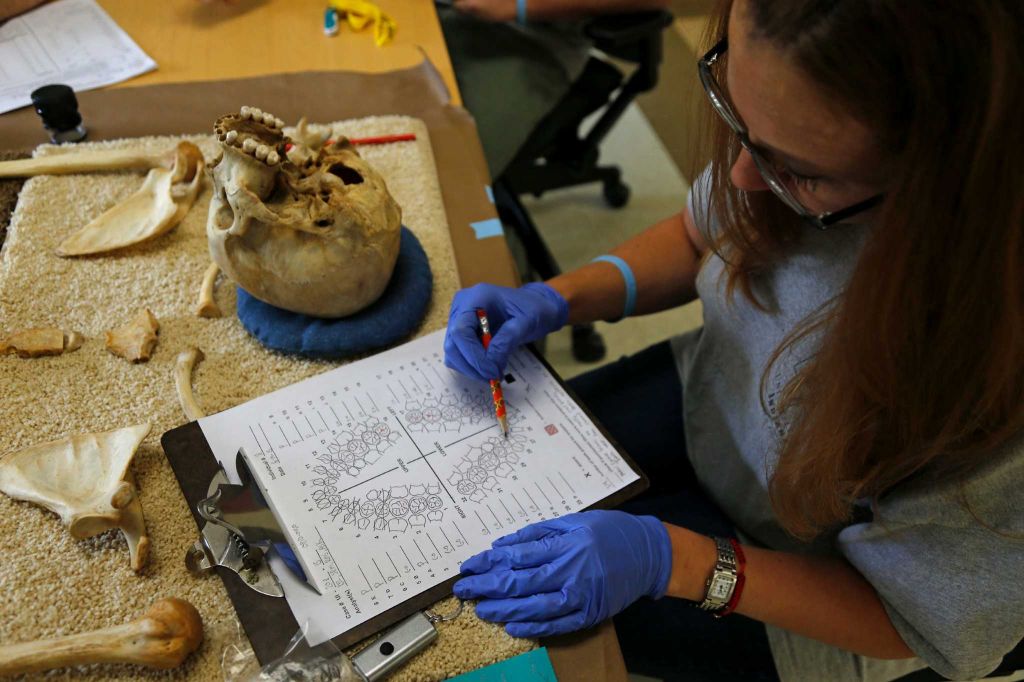My son was assigned a book to read in his English class and asked me to read it with him. It was called “The Giver” by Lois Lowry. What started as an effort to bond and find conversation with my son ended as a reflective experience, with many connections to the Beyond Borders Team and our work in the Texas borderlands. A major theme of the book focuses on memories. The characters in the book have none. There is no memory of the past, of other places or other experiences. Each person lives and believes there is only now. Memories are essential for growth and understanding. Our memories allow us to do well in school, to get everything we need at the grocery store, to drive a car, care for ourselves, and so much more. Our memories allow us to grow as humans and our memories allow us to avoid mistakes. These trips create core memories for the team that benefit them professionally and emotionally. With each trip I see how the team members mature in so many ways.

Our memories also hold our emotions. The Giver tells us that life is not complete without the good and the bad experiences. That is the irony of these trips. The team is purposely put in a terrible experience. It’s one in which death, despair, struggle and questioning is all around us. “He knew that there was no quick comfort for emotions like those. They were deeper and they did not need to be told. They were felt.” This blog is a way for the team to communicate their experiences and their emotions, but in reality, readers will never feel what we feel. And we will never feel what it feels like to be someone forced to cross into the US through clandestine paths. Yet, through these bad emotions and experiences, the memories are good. Team members leave with a sense of confidence in their abilities and in what they accomplished.

That is because we tend to think of memories as absolute records of the past. But in fact, our memories evolve as we grow and change. They are colored by the reflection of who we are today. Often our memories are not what actually happened, but what we need to remember to support who we are today. That means our memories and experiences allow us to change our minds and our perspectives. Not because we were wrong, but because we are evolving and growing. In The Giver, Jonas longed for choice. Living in the now means accepting everything as it is. With memory comes choices and decisions. The decision facing Beyond Borders Team members is what they will do with the memories and experiences from their trip.

I saw a quote by another author that seems fitting here in talking about decisions in how you approach situations. “Sympathy is easy because it comes from a position of power. Empathy is getting down on your knees and looking someone else in the eye, and realizing that you could be them, and that all that separates you is luck.” -Dennis Lahane

Thank you for following us and sharing our journey.
~KEL